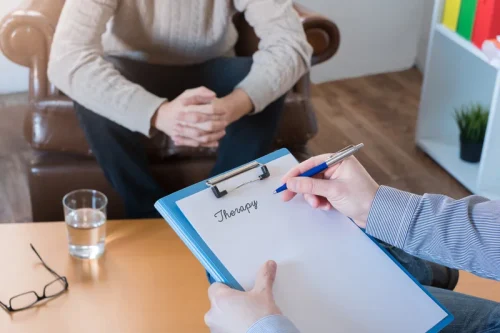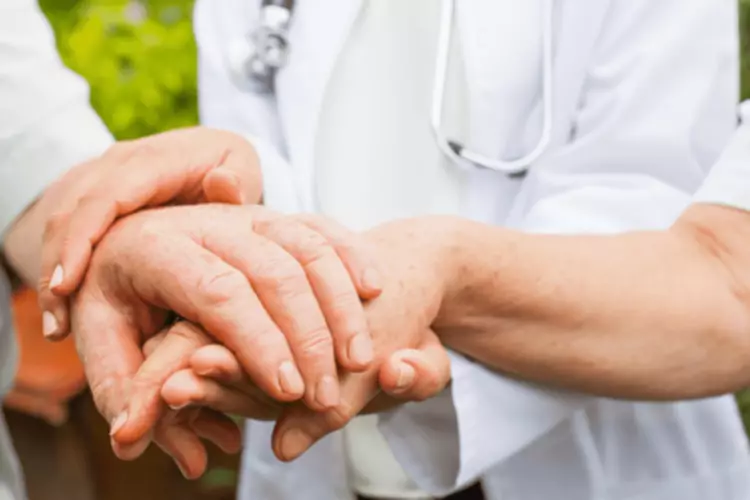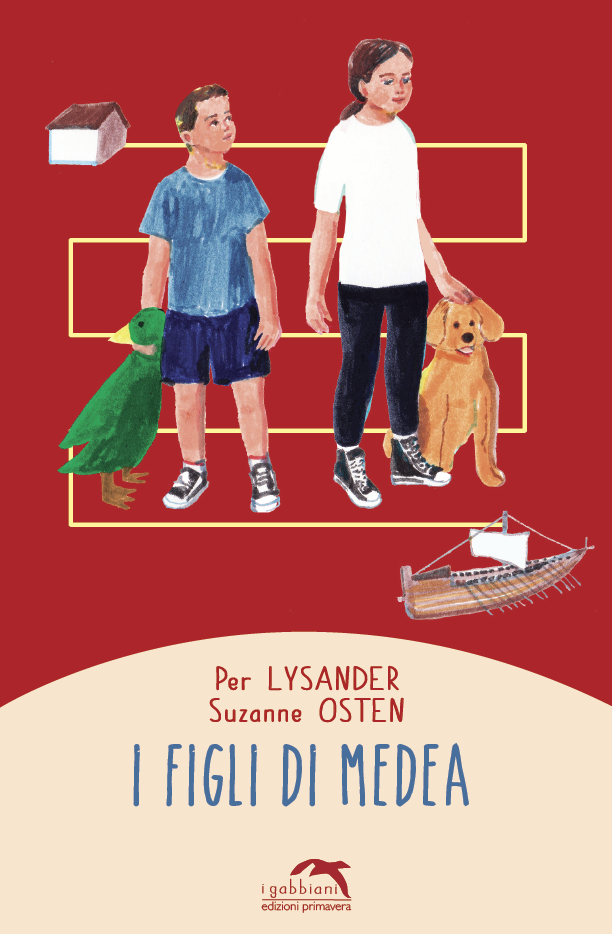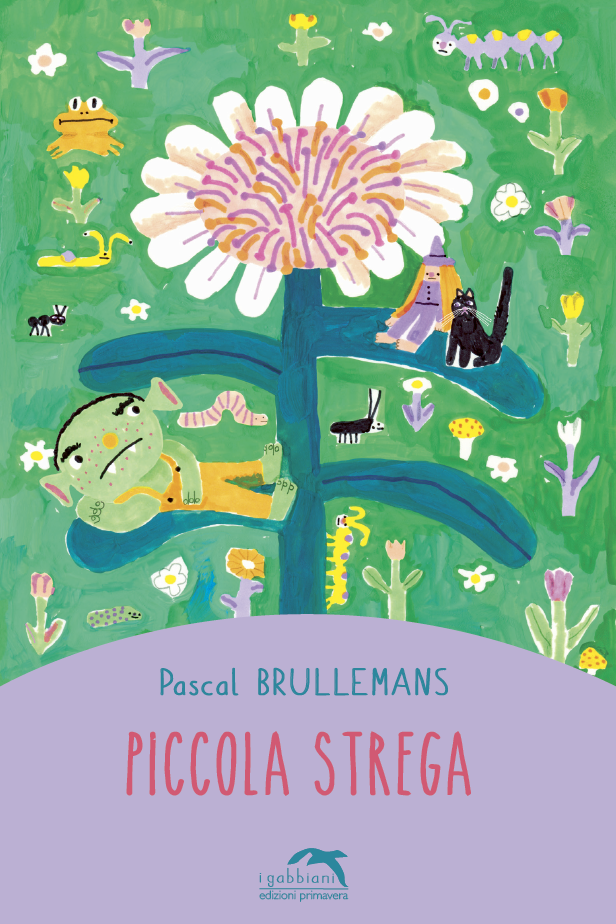
If you have a loved one struggling with substance dependence, know that you are not alone. Educate yourself about addiction and offer support without enabling them. This may not always be easy, so be prepared to seek out help for yourself if you need it. Recognizing that you might be dealing with love addiction is the first, crucial step towards healing. It takes courage to admit that what you thought was love might actually be a form of dependency. But remember, acknowledging the problem doesn’t diminish the real feelings you’ve experienced – it’s simply the first step towards healthier, more fulfilling relationships.
- Before leaving someone struggling with addiction, you can try to get them to seek the help they need.
- Problems are rated on a scale of 1 to 5 by domain, reflecting how bothered a person is by problems of that type.
- Some experts suggest that “love addiction” may share similar qualities with substance use disorder and addiction.
“Thank you. I’m grateful to have found you and this community. It has literally begun to help within the first day.”
While there are signs and symptoms of a general nature, certain substances and behaviors can come with their own set of symptoms. Dye explains that intensive workshops may also be helpful, such as multi-day survivor workshops or other workshops that cultivate healthy behaviors around love. The key thing to remember is that in order for your loved one to deal with one issue, https://ecosoberhouse.com/ they must deal with the other. There is no objective measure of the strength of cravings, but they are highly dynamic and fluctuate, varying in intensity and duration in any individual throughout the course of a day. Illegal drugs pose special risks of toxic contamination and/or accidental overdose as a result of substitution with underground agents of unknown potency.
Encourage treatment

It can often be easy to take a backseat to your mental health while trying to support someone you love struggling with substance use disorder. It can impact everyone in that person’s inner circle, including friends, family, and coworkers. Getting the courage to leave someone with a substance use disorder is never easy, and it requires changing behaviors that you have engaged in for a long time. Before leaving someone struggling with addiction, you can try to get them to seek the help they need.

Don’t ignore dangerous behavior
- Another sign of addiction is a shift in sleep and wake patterns—sleeping too much or too little, or at unusual times.
- For example, if you frequently find yourself bailing the other person out, you can calmly let them know that you can no longer do this.
- Although defending your partner is tempting, enabling only delays the inevitable.
- It can be easy to get so caught up in helping them that you discount your own pain in the process.
- The experience of problems is central to the diagnosis of addiction.
- People can have changes in their mood, behavior, and energy levels for other reasons, including health-related ones.
For instance, spending time away from someone with an addiction can give you the necessary time to reflect on your life, partake in your favorite hobbies and care for your health. Being in a relationship with an addicted partner can be difficult. BetterHelp can connect you to an addiction and mental loving an addict health counselor. Asking for assistance in moving forward in a healthier relationship is critical for those in relationships with addicts. In relationships with alcoholics or addicts, assertiveness is often discouraged. Remember the times you’ve helped the addict or alcoholic in your life.
What to Do if You Love a Drug Addict
They say it’s one of the best self-help books they have read and continues to be an amazing tool in their everyday lives. Readers also mention the book helps them see the enabling they were doing and how to build their lives. Compulsive behaviors and the need for rapid reward are likely to surface and intensify as the substance use disorder progresses. Even when an individual detoxifies from a substance, the reward system in the brain can remain changed for a long period of time. An important first step in helping your partner is understanding their substance use.
All About ‘Love Addiction’: Signs, Causes, and Treatment

You may be feeling a constant, gnawing worry that you live with every day. You may find yourself being asked for money often, and feeling guilty if you say no. Perhaps you are watching everything you say and do, in order to “keep peace” in your home and not make the addict angry. Or you may be asked to do favors for the addict on a consistent basis, such as watching their children or doing their errands, and you may not know how to say no. Healing is not a quick fix process, but you can begin to heal and you can feel better today.
The Red Flags of Love Addiction
Addiction involves both the mind and the body—and every other facet of existence, because they all interact. There is no real distinction between physical addiction and psychological addiction. Substances of abuse affect the reward system of the brain, mediated by the neurotransmitter dopamine. The physical changes to the pleasure-experiencing centers of the brain induce physical changes to the prefrontal cortex, weakening the capacity for decision-making and impulse control. As we’ve explored, the line between love and addiction can be thin and easily crossed.

From family counseling to individual therapy, we can help you regain control of your life and start feeling better. At the same time, this can make it more difficult for you to focus on your mental health. You might deal with frustration, stress, anger, or burnout as you attempt to instill change in your loved one. Setting boundaries can be complex, but sometimes tough love is the only way to maintain a relationship with someone with an addiction. Staying in a relationship with an addicted person can negatively affect both of you.











